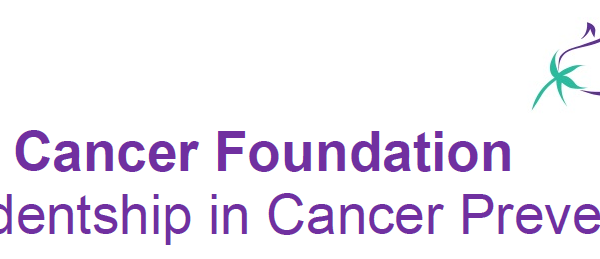Name of Student Björk Aston
Project Title: Building complex Colorectal cancer models to explore clinical impediments in drug discovery and sensitivity
Start date 03/10/2022
Institution University of Glasgow
Supervisor/s Ross Cagan
Short paragraph outlining the project:
Colorectal cancer is one of the leading causes of cancer-related deaths globally. The current therapeutic options for those diagnosed are limited and display loss of efficacy due to acquired resistance by the cancer cells. While massive progress has been made in understanding the oncogenic signalling pathways at play, this has not translated into successful clinical trials or new drug approval, suggesting that there is a facet of cancer signalling which is missed from research models. This project aims to elucidate the impact the immune system and tumour microenvironment plays on drug efficacy by creating complex models for therapeutic testing. Flies provide a good model organism to investigate the impact of innate immunity while hosting multiple gene mutations to mimic identified patient mutations. Mouse organoids can allow us to visualise cell competition alongside immune cell interactions and adaptive immunity, to observe the differences in drug efficacy in this complex model versus more simplistic organoid cultures. Together the two model systems will mimic more realistic patient cancer cell populations, ideally identifying polypharmacological targets, which may translate to more successful drug pass rates in clinical trials.

Name of Student: Clara Kurtidu
Project Title: Improving cancer preventive behaviours in cancer patients and their families: a feasibility study in a prehab/rehab cancer surgery context
Start date:11/01/2021
Institution: University of Glasgow
Supervisor/s: Prof Katie Robb, Prof Sharon Simpson, Prof Susan Moug, Dr Christos Theodorakopoulos
Project outline: Cancer has become increasingly prevalent worldwide, accounting for around 32,572 new cases a year in Scotland alone. A cancer diagnosis with surgery as curative treatment or part of a treatment plan in conjunction with chemotherapy and/or radiotherapy might present an opportunity for a “teachable moment” promoting health behaviour change. To ensure appropriate care is available to those affected by the disease, pathways need to be put in place to support patient engagement in physical activity and healthy eating in addition to offering psychological support. A personalised prehabilitation care plan might offer a feasible pathway to engage patients in preventive behaviour change from the point of diagnosis to rehabilitation in order to support the psychological, dietary and physical health of the patient throughout their cancer journey. The current proposal will examine whether family support can improve cancer preventive behaviours in cancer patients, with the additional goal of also improving cancer preventive behaviours in the family member.



